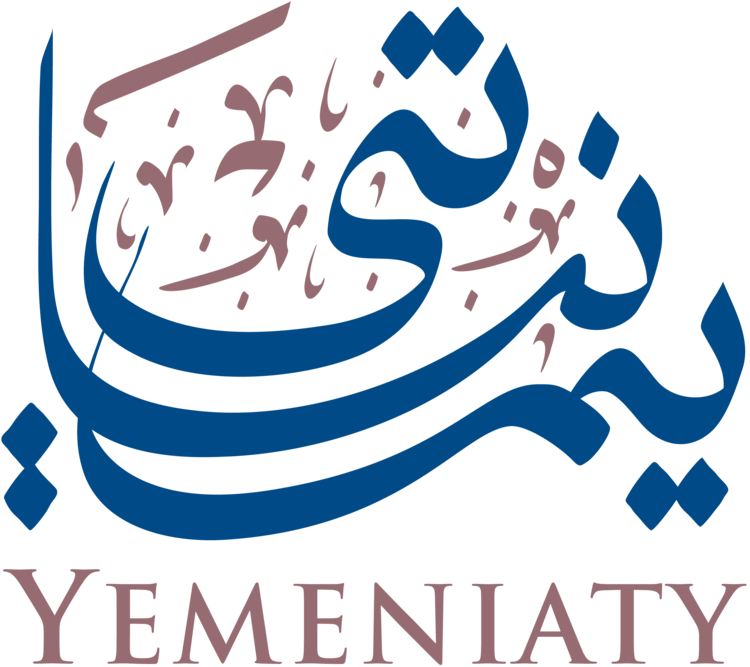Around DC
Yemen remains a tragic poster child for a failing state. Beset by humanitarian catastrophe, the intervention of foreign powers with their own interests, and ongoing internal conflicts, functional governance and political and economic reform have become virtually impossible. Now add to this miserable situation the Emirati/Saudi-backed coalition offensive against the port of Hodeidah.
What are the implications of this latest development? What are the chances of a UN-brokered political agreement among Yemen’s various parties? What is the role of the United States and the international community? And what of Iran’s role in the wake of the U.S. decision to withdraw from the nuclear deal?
In our latest Ground Truth Briefing, four veteran observers of Yemen, its neighborhood, and U.S. policy in the region addressed these and related questions.
Three years into Yemen’s civil war, the country continues to see severe humanitarian devastation, widespread food insecurity, and lack of economic access, against the backdrop of an increasingly complex geopolitical environment. An intensification of fighting in Hodeidah and elsewhere in the country has added to the human costs of the conflict and threatens to become catastrophic. Increasingly, Yemenis are war-weary and anxious to see progress on the UN-led negotiating process intended to end the fighting and restore the peaceful transition interrupted three years ago.
The Middle East Institute (MEI) is pleased to host a half-day conference to assess the priorities for ending the conflict and scenarios to move forward. This conference will convene two panels and a keynote address to assess urgent priorities and potential pathways forward for Yemen.
